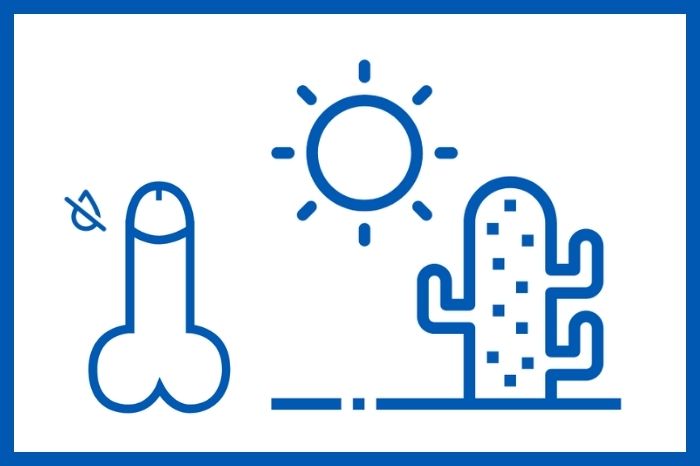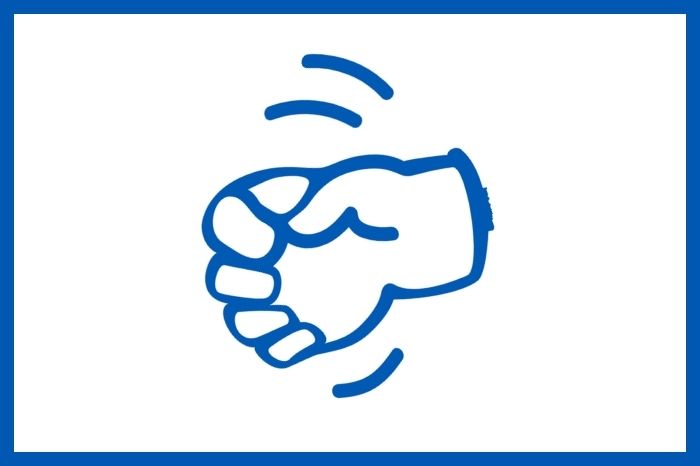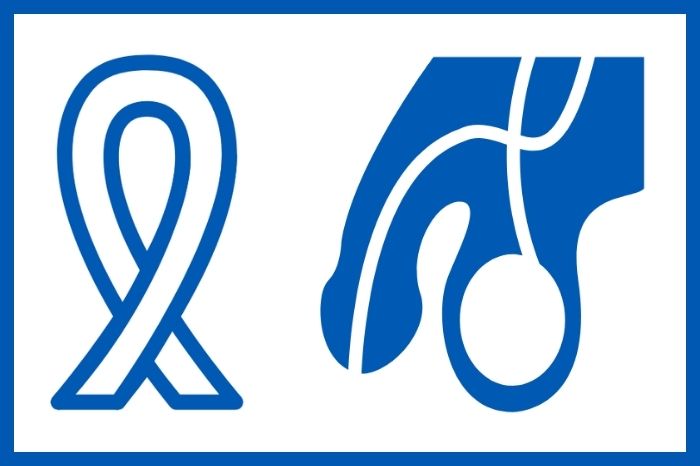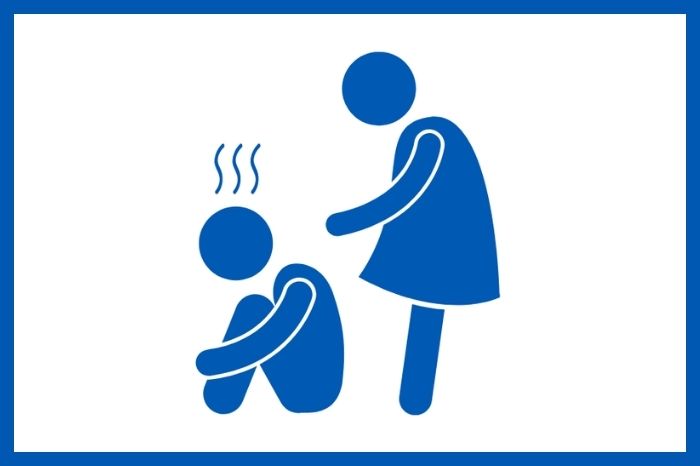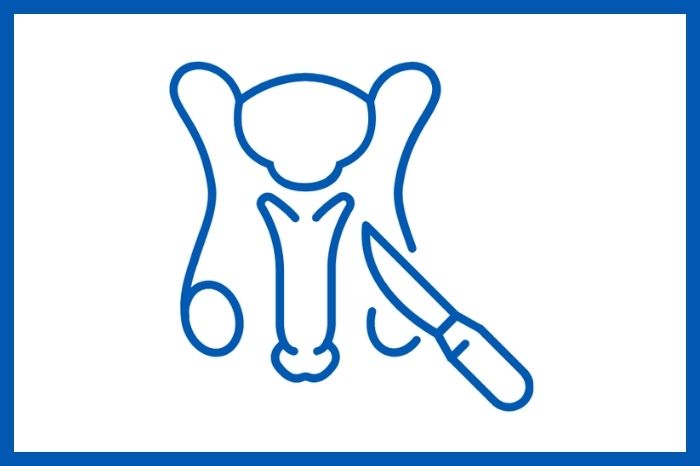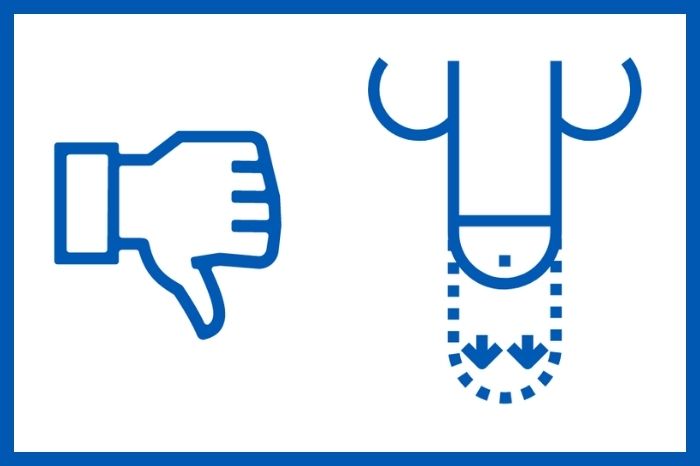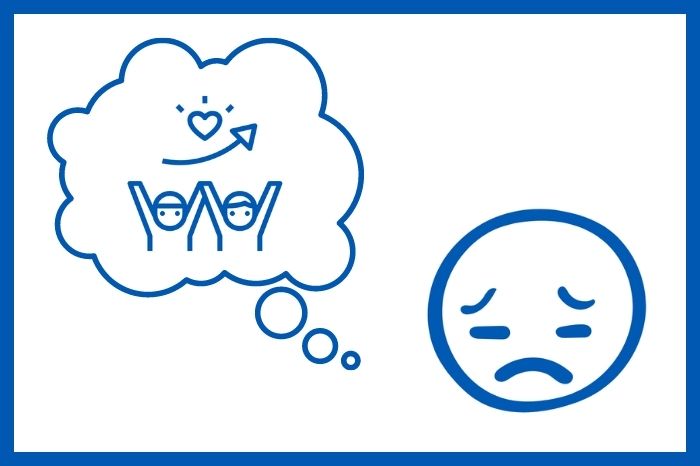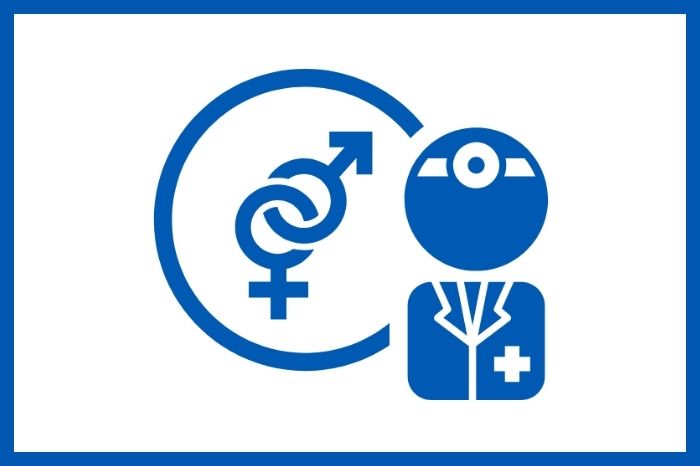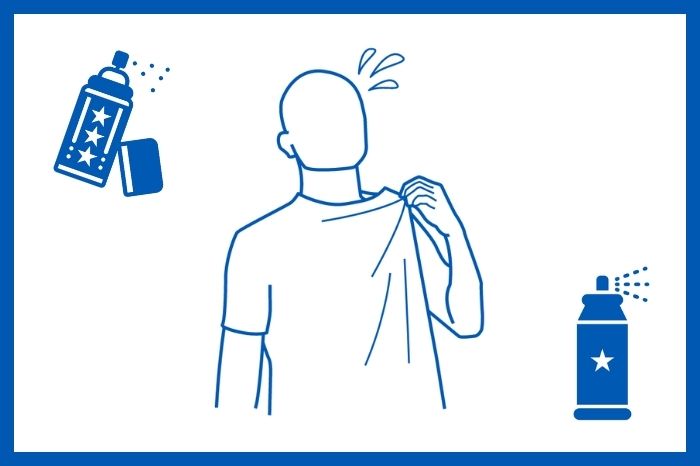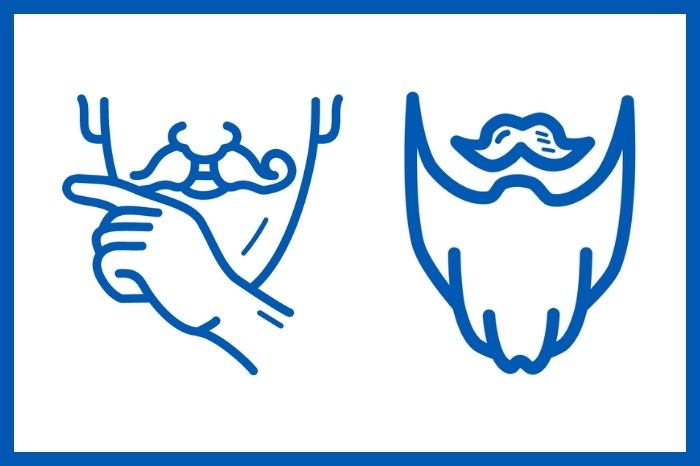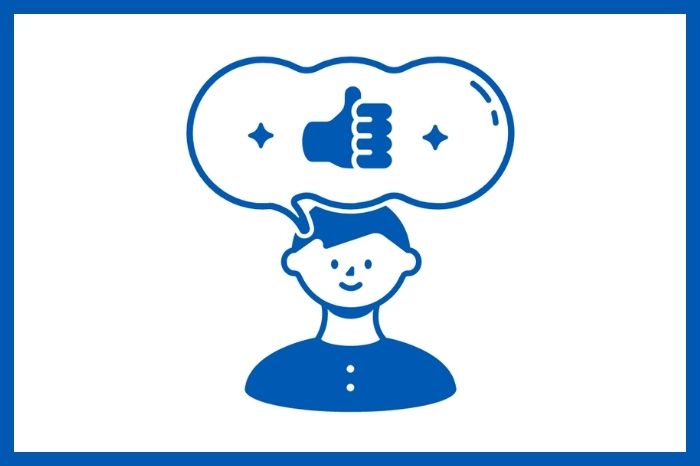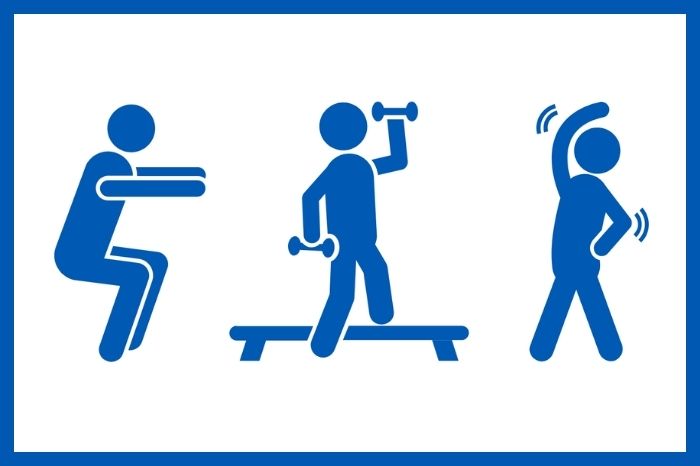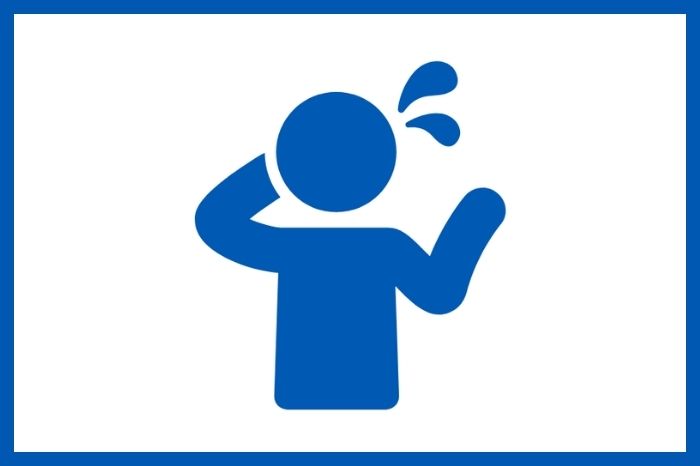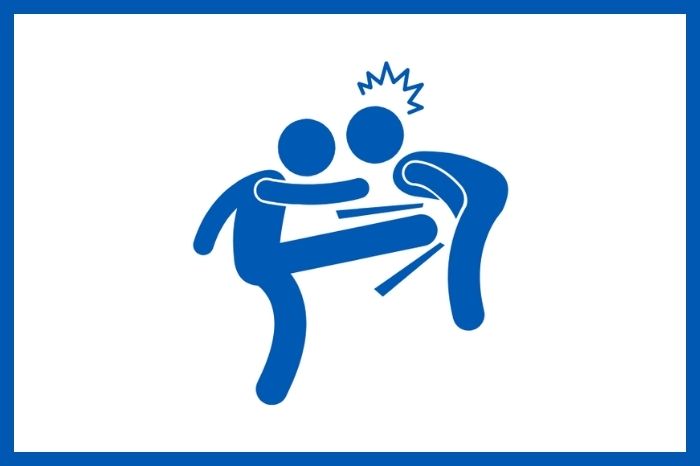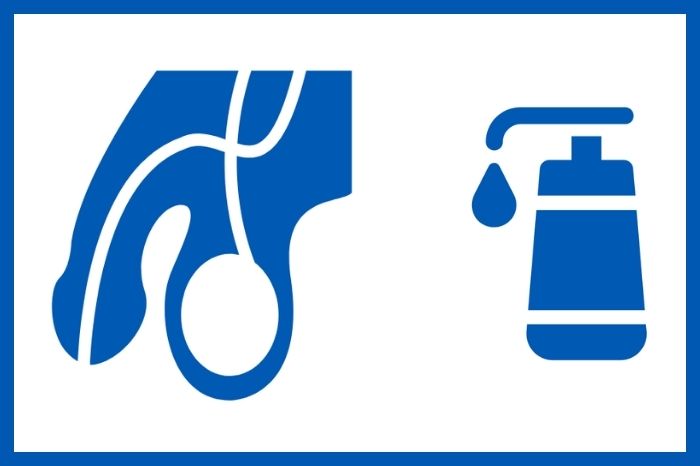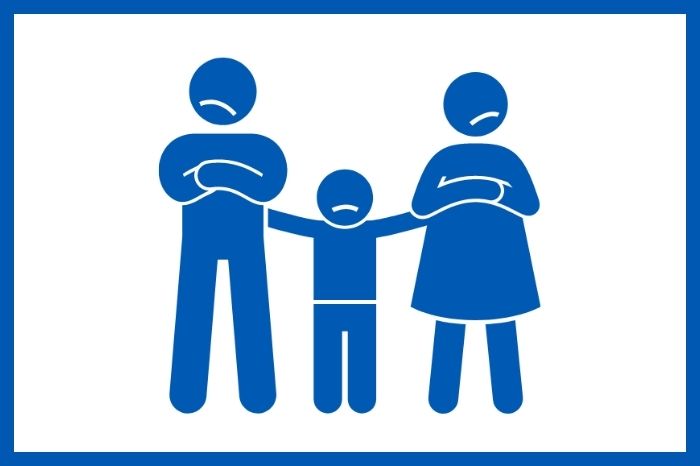The human health benefits of practicing meditation
You may have heard about meditation and its amazing benefits. When you hear about meditation, do you imagine the monks meditating in a monastery in the Himalayan mountains? Or do you think that people who practice yoga are the most adept at this practice?
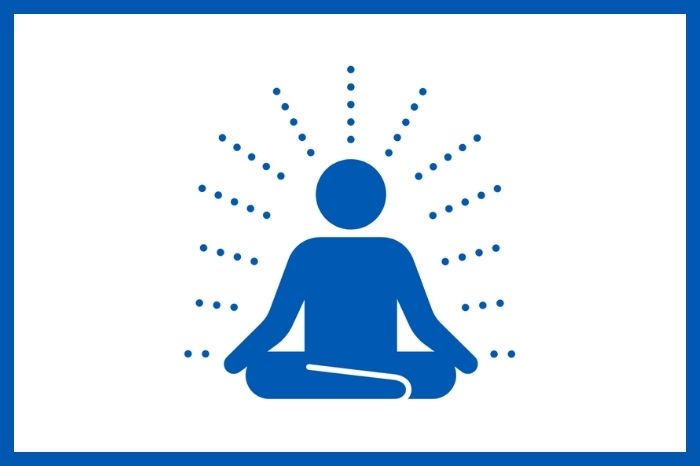
It's really easy to imagine that meditation has anything to do with these people. But, you don't have to be a monk or practice yoga (which by the way also has many benefits) to learn to meditate.
Meditation is for everyone, with no gender or age restrictions. However, some men may have a certain prejudice against meditation. Maybe because they think it doesn't work, maybe because they think it's "freshness"... If you think like that, my friend, you're wrong! And I want to help you fix that.
But don't worry, in this article you will learn what you need to start meditating like a beginner.
But what is meditation anyway?
The definition of meditation comprises a set of techniques designed to stimulate a heightened state of awareness and mindfulness. Meditation is also a consciousness shifting technique that has been shown to have a large number of benefits on psychological well-being.
What is meditation for?
People have different reasons for trying meditation, including: improving health, gaining more spiritual awareness, bringing a greater sense of inner peace, resting the mind, de-stressing, improving breathing, etc. The list of what meditation is for is extensive!
how to do meditation
How to start meditating is simple! First, make sure you are in a place where you can relax in this process, have a stopwatch handy (it can be from your cell phone) and follow this step-by-step:
- sit comfortably
- Set a time limit
- watch your posture
- feel your breath
- Watch when your mind wanders
- Be kind to your wandering mind
- close with kindness
Find a place to sit that feels calm and quiet to you. You can sit on the floor, or on a pillow, mat, or even a chair. On the floor, the best position is the one where you bend your knees and cross your feet.
If you are new to meditation, choose a short period of time, like five or 10 minutes.
You can sit in a chair with your feet on the floor, you can sit cross-legged, you can kneel - that's fine. Just make sure it's stable and in a position you can stay for a while.
With eyes closed, breathe deeply and slowly. Notice your breath as it goes in and out. Just focus on her.
Inevitably, your attention will go off the breath and wander elsewhere. When you find your mind wandering - in a few seconds, a minute, five minutes - simply return your attention to your breath.
Don't judge yourself or obsess over the content of thoughts you find yourself lost in. Just come back to the breath.
When you're ready, gently lift your gaze (if your eyes are closed, open them). Take a moment and notice any sounds in the environment. Notice how your body feels right now. Observe your thoughts and emotions.
What are the benefits of meditation?
This simple practice of focusing on the breath and emptying the mind has numerous benefits. We list the main ones, where we talk more about each one of them.
1. Greater concentration on specific tasks
An interesting study found a link between meditation and concentration. Specifically, study participants demonstrated a greater ability to quiet and focus their minds if they engaged in mindfulness meditation earlier. Being able to control and quiet the mind leads to fewer depressed thoughts about the past or anxious thoughts about the future.
2. Keeps the Mind Younger
A 2015 UCLA study found that people who meditated regularly had greater mental flexibility for longer in their lives. Mental flexibility means the brain's ability to change its thoughts, find alternatives and adapt to new events.
Study participants meditated for 20 years or more. The researchers observed that these participants had greater volume of gray matter in their brains than older people who did not meditate. They had greater cognitive functions and neuroplasticity.
3. Can replace antidepressants
A 2014 Johns Hopkins survey found a strong correlation between mindfulness meditation and reductions in depression and anxiety. The effect of meditation observed by the research team was equal to the same effects of antidepressants. In essence, meditation can help train the mind to experience fewer depressive thoughts and emotions.
4. Helps you sleep better
Results from a comprehensive study published in a 2014 issue of the journal Sleep found that meditation helps improve sleep patterns. The researchers looked at different meditation programs and found that people who meditated were able to sleep longer and had less insomnia.
5. Improves body posture
After meditating for a while, you will surely become more aware of your posture. During the day, you can make small adjustments to the way you sit as you work, or pull your shoulders back more as you walk. Meditating increases self-awareness. So if you're less relaxed with the pose, there's a good chance that meditation is working for you.
6. You feel more rested
You may not notice it at first, but think about how you feel when you wake up in the morning. Try to remember how you felt a week ago or even a few months ago. Do you feel rested? Do you turn on the snooze option a few times or do you feel ready to get out of bed right away? And there is already scientific evidence to support the claim that meditation improves sleep quality.
7. Pays more attention to breathing
A big part of meditation is breathing. If meditating is working for you, then you are likely to pay more attention to the rhythm and patterns of your breathing. You may take a few deep breaths in response to stressful situations. You trade the stress of the moment for attention to your breath. If your awareness of how you breathe has increased, meditation is working.
One of the main lessons of meditation is a heightened awareness of what is happening within you. You will become more aware of your thoughts and have more control over your emotions. It is a subtle art and the fruits of meditation are not always so apparent, but they are there.
Don't fall into this trap!
Meditation and mindfulness are all about being in the moment. It's natural to try to measure your progress. When meditation is new to you, it can be helpful to notice and appreciate the small changes that can provide motivation to keep going.
So see if you can count to 20 or 30 without interrupting your thoughts. This is a good sign that your concentration level has increased.
However, the results of meditation are not always easy to quantify. So how do you know if meditating is really helping you?
This often happens in the early stages of practice. You can start analyzing every aspect of your life trying to understand if all of this is getting you anywhere. You might even start projecting an air of calm just because that's what you think should happen.
In fact, focusing too much on your progress may not help. Trying to embody the "look" of someone who meditates doesn't help much either. Maybe it's better not to focus too much on results, as if it's a competition against yourself, when everything should be about experience and process.
To help you, you can acquire some material on the practice of meditation. If you want to know more about how to meditate, there is nothing better than having a guide always at hand. Discover the best meditation books in this curated section of Amazon.
Conclusion
Meditation is a lifelong practice. Its benefits are intrinsic and extrinsic at the same time. One thing is for sure, you shouldn't be obsessed with results. One of the best indicators of your progress is caring less about him.
Other people may even notice the changes in you more than you yourself. So ask a friend or loved one if they noticed anything different. But of course, you can only be surprised at the responses you'll get from other people who appreciate your efforts.
